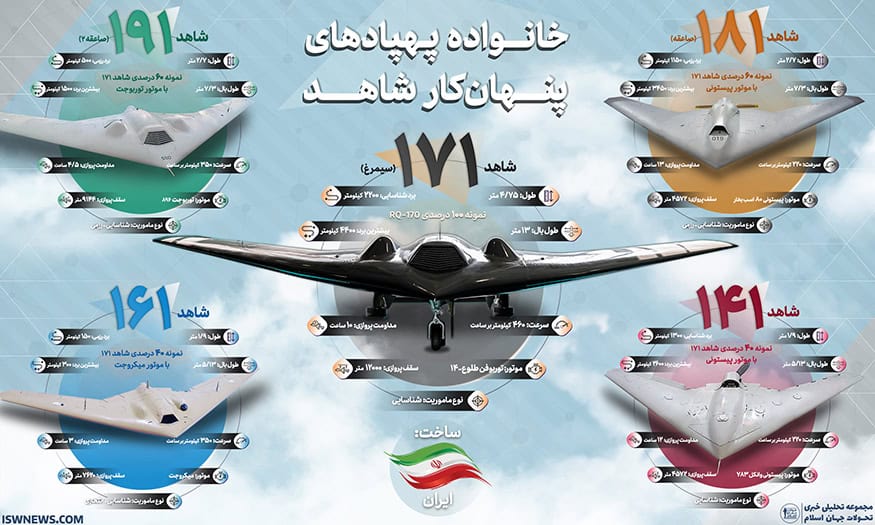
Analysis: Iran reestablishes its presence in the Caucuses with Armenian arms deal
Iran signed a new arms agreement with Armenia, seeking to increase its influence in the Caucuses and counter Israel-Azerbaijan military ties.

Iran signed a new arms agreement with Armenia, seeking to increase its influence in the Caucuses and counter Israel-Azerbaijan military ties.

Israel’s 228th Reserve Brigade conducted an exercise in northern Israel that included “combat scenarios in Lebanon.” Hezbollah published footage it said was taken by drones that flew over Israel’s Ramat David Airbase.

An Israeli drone strike on Tuesday morning in the northern West Bank city of Tulkarm killed two West Bank commanders belonging to Hamas and al-Aqsa Martyrs’ Brigades.

Hezbollah increased attacks on Israel amid an escalation of Houthi-Israel tensions that grew after the Houthis attacked Tel Aviv with a drone, killing one person, and IDF retaliatory strikes. Israel’s Defense Minister Yoav Gallant said, “The blood of Israeli citizens has a price.”

In response to the Houthi drone attack on Tel Aviv yesterday, the Israeli Air Force carried out strikes against Houthi targets in Hudeydah, Yemen.
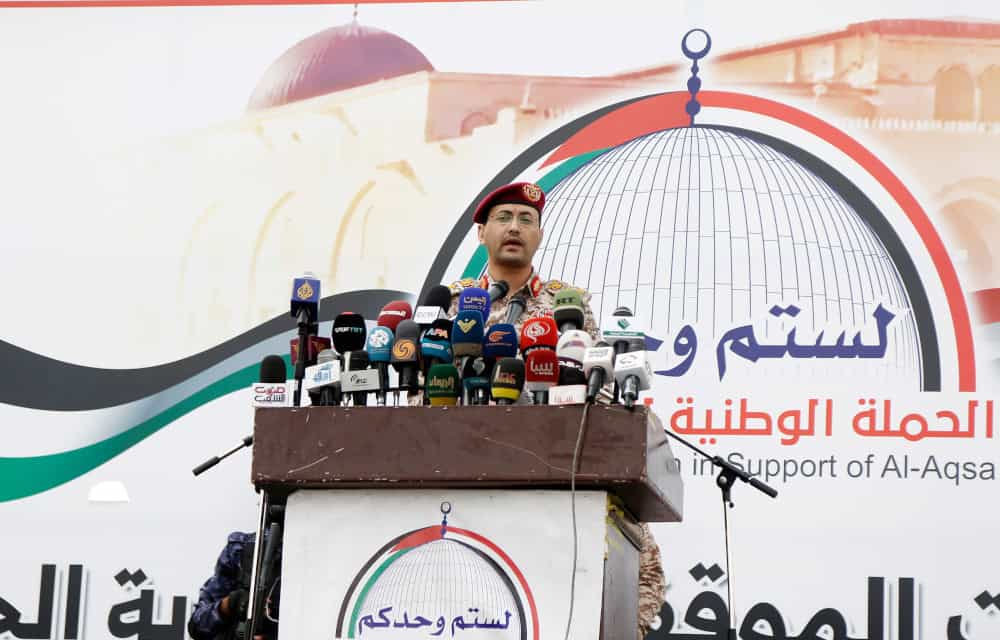
Houthis in Yemen claimed responsibility for launching a long-range UAV that killed one person and injured at least 10 others in Tel Aviv on Friday morning.
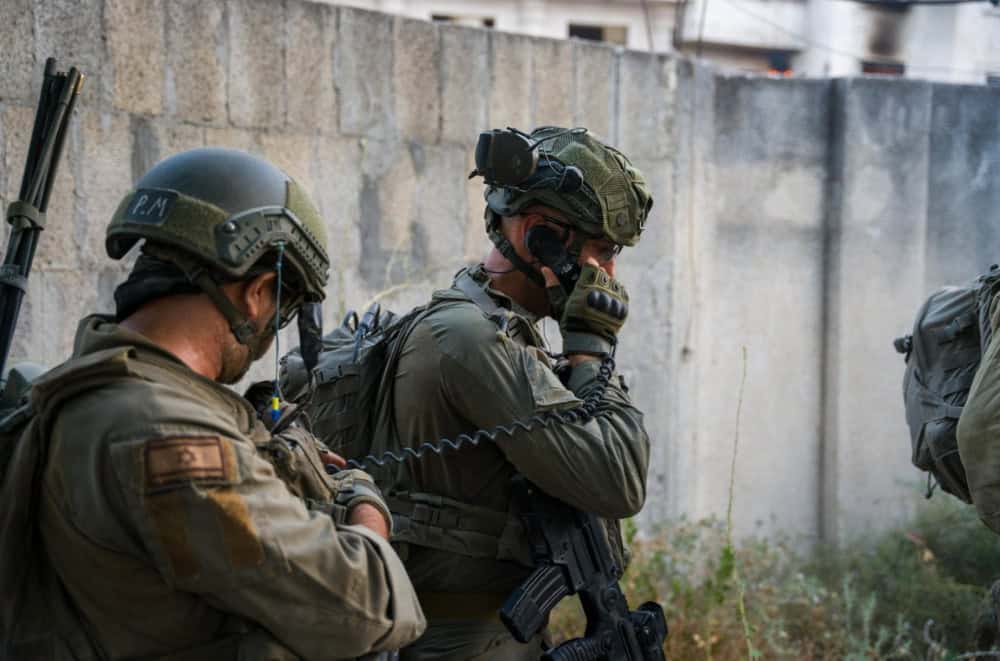
The Israel Defense Forces (IDF) carried out precision airstrikes on several Hamas members in Gaza and targets in Lebanon. Israeli forces also eliminated a Hezbollah member in a Lebanon strike, part of a growing pattern of targeting individual terrorists. In addition, the IDF said an RPG attack in Gaza wounded a soldier.

Israel’s Minister of Defense recently held important talks with US Secretary of Defense Lloyd Austin, CENTCOM head General Michael Kurilla, and White House Coordinator for the Middle East and North Africa Brett McGurk. Gallant spelled out Israel’s current strategy in Gaza and discussed threats from Iran and Hezbollah.
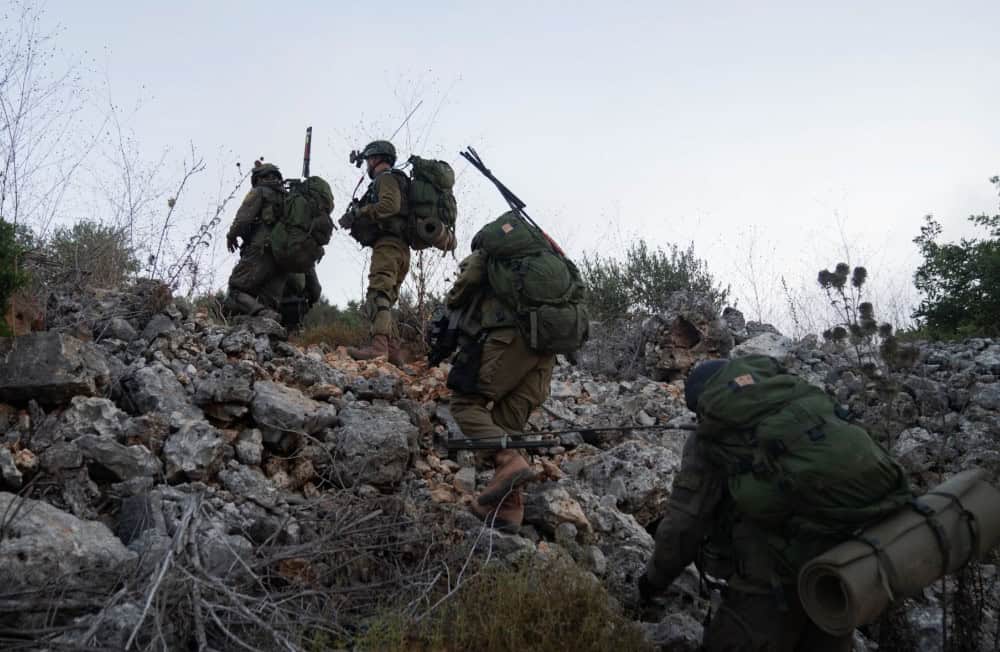
Hezbollah escalated attacks on Israel on July 13, followed by somewhat reducing attacks over the next two days. The IDF responded with a series of precision airstrikes on terrorist infrastructure in Tebnit, Rab El Thalathine, Ayta ash Shab, Odaisseh, Kfarkela, and Houla in southern Lebanon. In addition, two IDF units conducted training in northern Israel in case of further escalation.
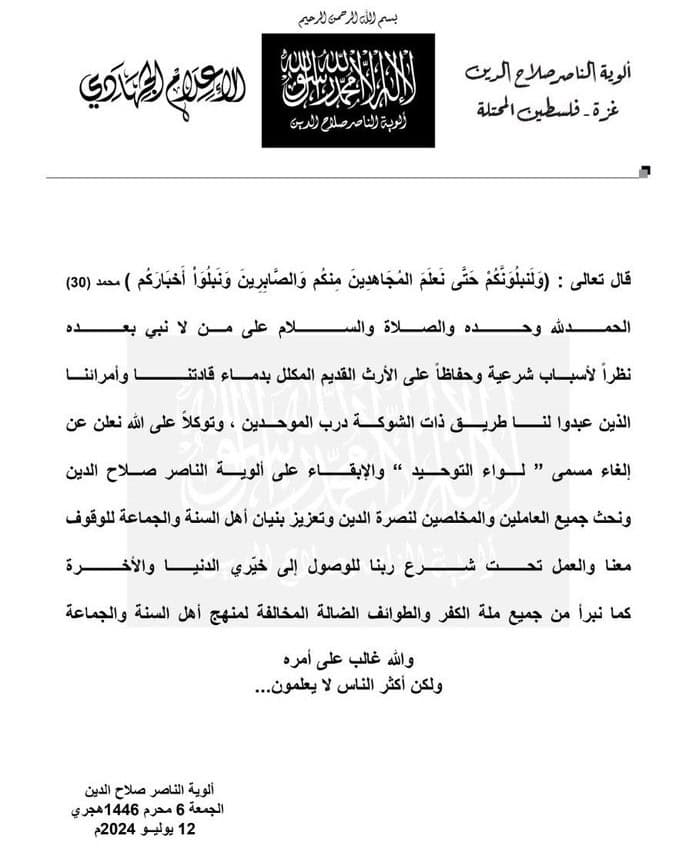
The Al-Nasser Salah al-Din Brigades, an ally of Hamas and other Palestinian terrorist organizations, announced that it has disavowed Liwa al-Tawhid, a longtime affiliate. While the reasons for the split are not clear, the division may present an opportunity for Israeli anti-terrorism efforts.

An Israeli airstrike on July 13 targeted Hamas military leader Mohammed Diab Ibrahim al-Masri, aka Muhammed Deif, and Khan Yunis Brigade commander Rafa’a Salameh. The pair were targeted above ground in an area between al-Massawi and Khan Younis in southern Gaza.

The Israel Defense Forces (IDF) released the first of a number of inquiries into the failures during the battles against Hamas terrorists in communities along the border of Gaza on October 7, 2023. The first inquiry focused on Kibbutz Beeri, where 101 civilians were killed and 30 taken hostage. The IDF also ended a two-week raid into Shejaiya, and Israel’s defense minister said 60 percent of Hamas terrorists had been eliminated in nine months.
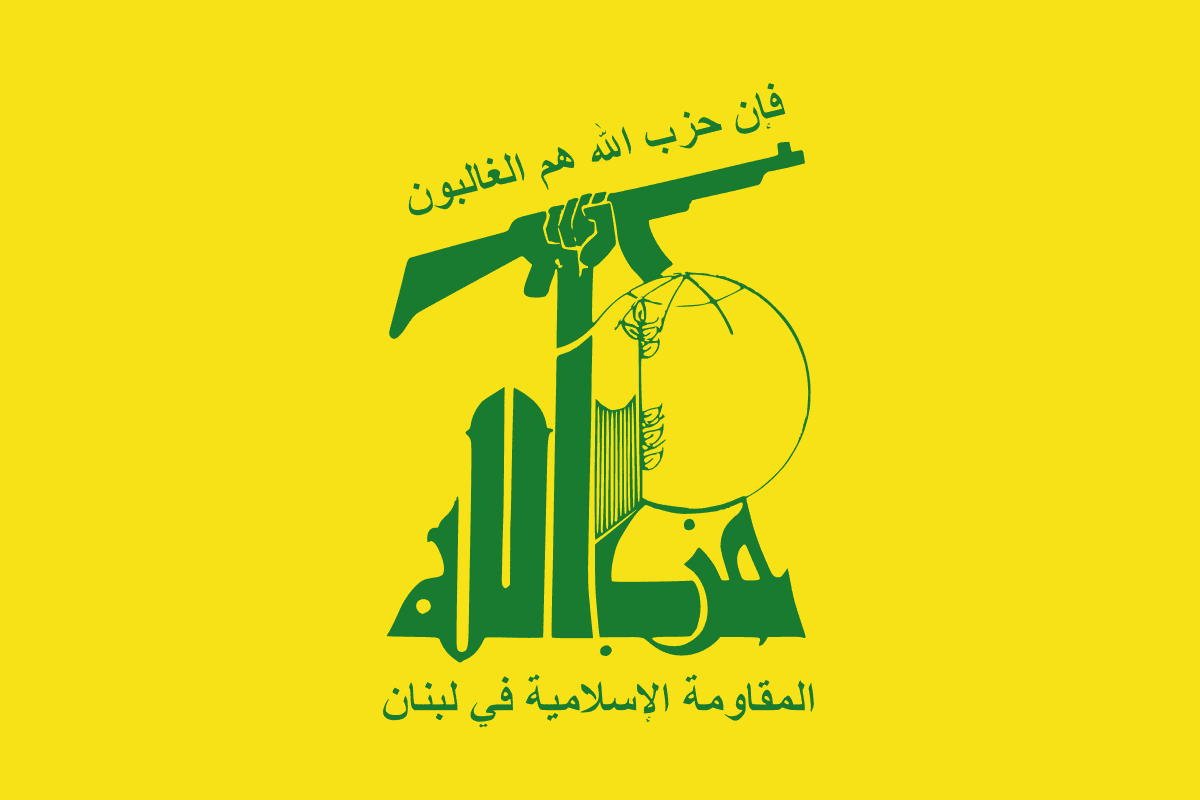
Hezbollah has used the years since the 2006 Lebanon War to build and acquire a formidable arsenal of mortars, rockets, missiles, and drones integrated into a vast network of underground facilities and human shields. Analysis of Hezbollah’s arsenal suggests that a major war with the terrorist organization could present serious challenges for Israel, underscoring its need for adequate air and missile defense capacity and offensive munitions.

Israeli forces launched a new offensive in Gaza City. The IDF’s 99th Division targeted terrorists, operatives, and weapons in several neighborhoods after calling on civilians to evacuate toward the south. In addition, Israeli forces continued to operate in Shejaiya, uncovering weapons and munitions.
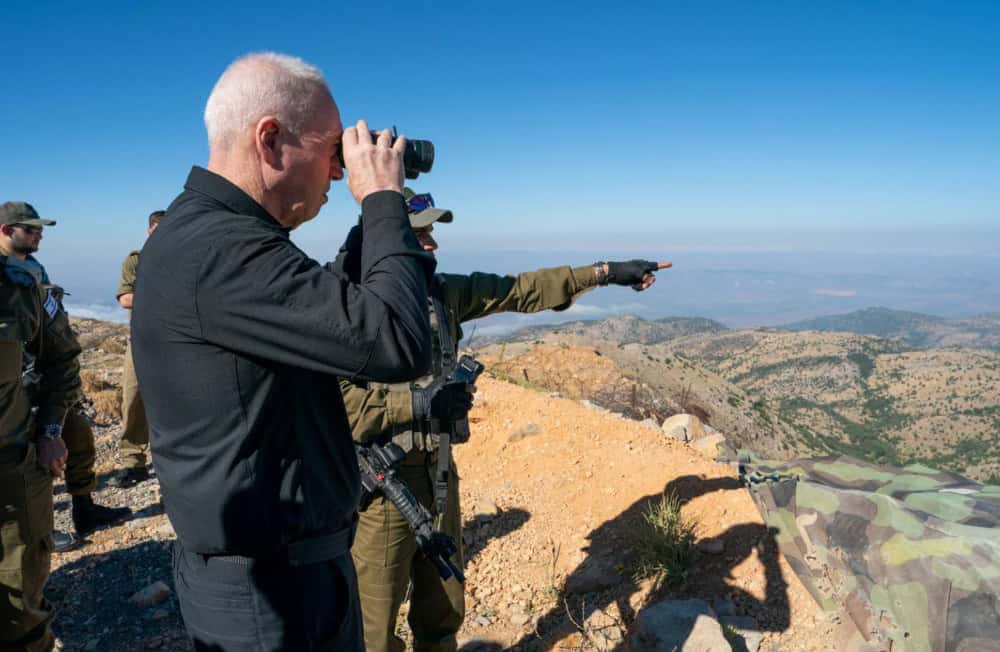
Hezbollah launched several barrages of rockets and anti-tank missiles at Israel on July 7. The attacks injured several people, including an IDF soldier, an Israeli civilian farmer, and a US citizen. Israel’s Minister of Defense visited Mount Hermon in the Golan Heights and said Hezbollah has lost 15 senior commanders, including three division commanders, in fighting over the last nine months.
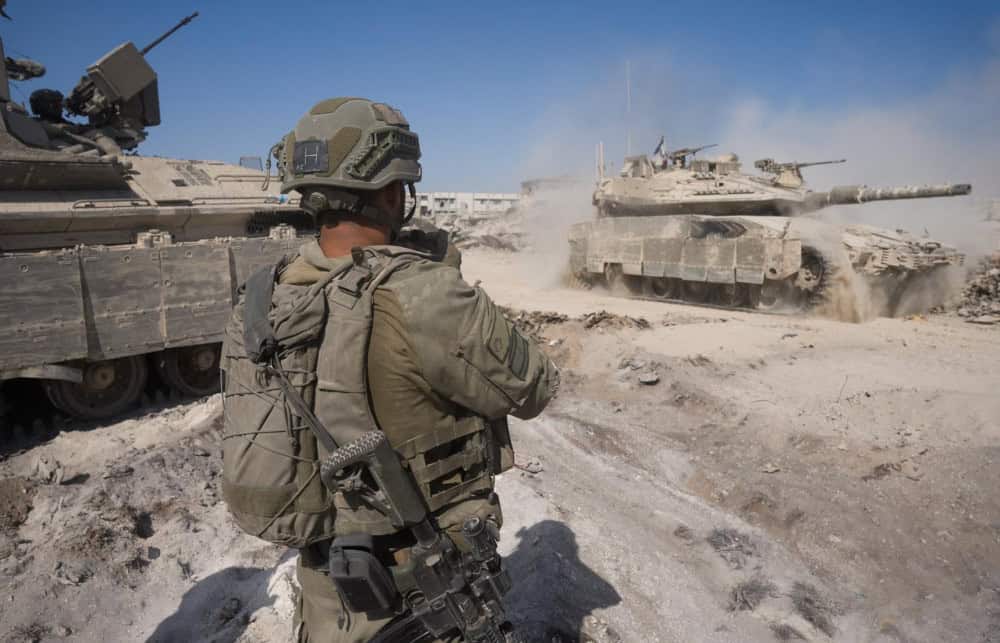
The IDF continues operations in northern Gaza’s Shejaiya neighborhood, stating it has eliminated 100 terrorists and destroyed 100 terrorist infrastructure sites since June 27. The IDF also released footage reportedly showing Hamas abusing Gazans who sought aid.

The IDF eliminated Muhammad Nimah Nasser, the commander of Hezbollah’s Aziz Unit, the second senior Hezbollah commander eliminated in the last month. The IDF stated Nasser commanded a unit responsible for firing rockets and anti-tank missiles from southwestern Lebanon toward Israeli civilians. A new Israeli Mountain Brigade also completed a training in northern Israel.

The Israel Defense Forces found a long tunnel in central Gaza and have eliminated around 100 terrorists in recent operations, the IDF said on July 1. On June 30, Israel also told civilians to evacuate Khan Younis after rocket fire, and Israeli Prime Minister Benjamin Netanyahu conducted meetings with IDF commanders to discuss the war in Gaza.

Hezbollah increased its attacks on northern Israel with barrages on June 27 and June 28. It also carried out a series of drone attacks on June 30, injuring 18 IDF soldiers, one of them severely. The IDF responded to the attacks with a series of airstrikes on half a dozen locations in southern Lebanon.

The Israel Defense Forces launched a new offensive into the northern Gaza neighborhood of Shejaiya, an area the IDF previously cleared of Hamas terrorists in December 2023 during the first ground maneuvers of the campaign. This raid and similar ones aim to defeat returning Hamas terrorists and find Israeli hostages.
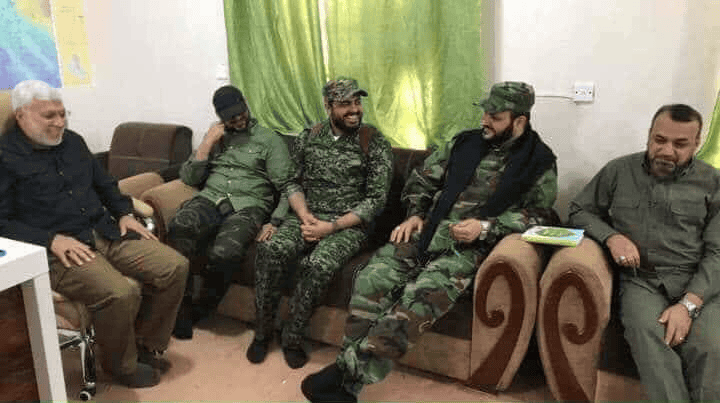
The leader of Asaib Ahl al Haq, a dangerous and influential Iran-backed Iraqi militia, threatened US bases in the event of a large-scale Israeli military campaign against Hezbollah in southern Lebanon. Iran’s proxies are renewing strikes against US bases in the region.

Israeli IDF Chief of Staff Lt. Gen. Herzi Halevi, Israeli Prime Minister Benjamin Netanyahu, and Israeli President Isaac Herzog visited northern Israel on June 25 and June 26 as Israel prepares for a possible war with Hezbollah. An Iranian-backed militia in Iraq launched a drone targeting Israel’s southern city of Eilat, and Israeli Defense Minister Yoav Gallant continued his trip to Washington to shore up support and discuss the Iranian threat.

Israel faced drone attacks by Hezbollah between June 23 and June 25 while Israeli Defense Minister Yoav Gallant was in Washington, DC. Gallant met with US Secretary of Defense Lloyd Austin, discussing the need to return security to northern Israel. Austin expressed concern about the chances of war between Israel and Hezbollah.
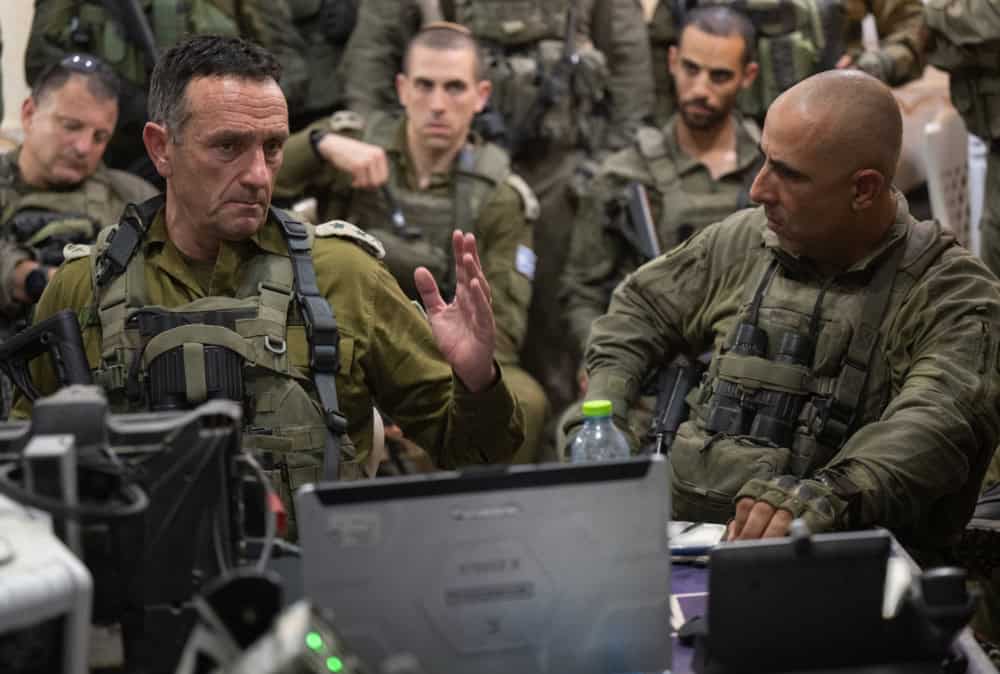
Israeli Defense Minister Yoav Gallant traveled to Washington, DC, where he discussed the next phase in Israel’s operations in Gaza. Separately, IDF Chief of Staff Herzi Halevi praised the IDF for its progress in defeating Hamas in Rafah and uncovering tunnels in the area.
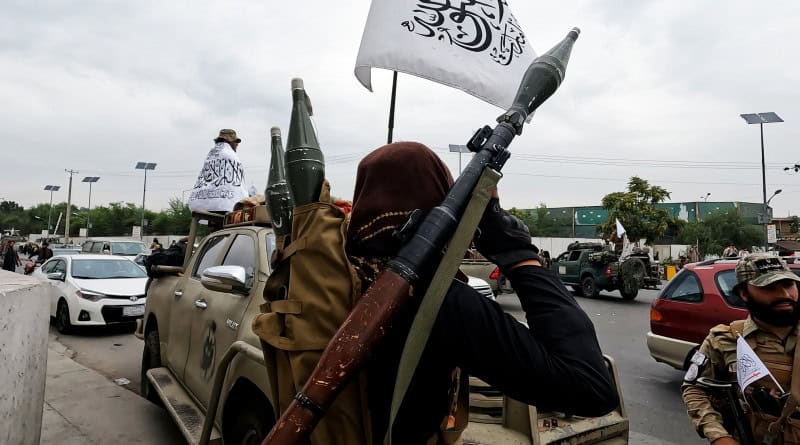
The Tehran regime and the Taliban administration have reaffirmed their growing ties and anti-Israel sentiment throughout the Gaza conflict. The two have also cooperated in the past to help the Taliban conquer Afghanistan.

Israel Defense Forces units continue to operate in Rafah, uncovering numerous tunnels and weapons in civilian homes in southern Gaza. In central Gaza, mortar fire killed two IDF soldiers and severely wounded three. The IDF also carried out several targeted airstrikes against terrorists and a rocket launch site.

Israel-Hezbollah tensions increased on June 18 and June 19. Hezbollah released drone footage showing sites in northern Israel, and the group’s leader, Hassan Nasrallah, threatened Cyprus and warned it against letting the IDF use its bases. IDF Chief of Staff Lieutenant General Herzi HaLevi and Israeli Defense Minister Yoav Gallant held discussions with Israel’s Northern Command to discuss the situation.
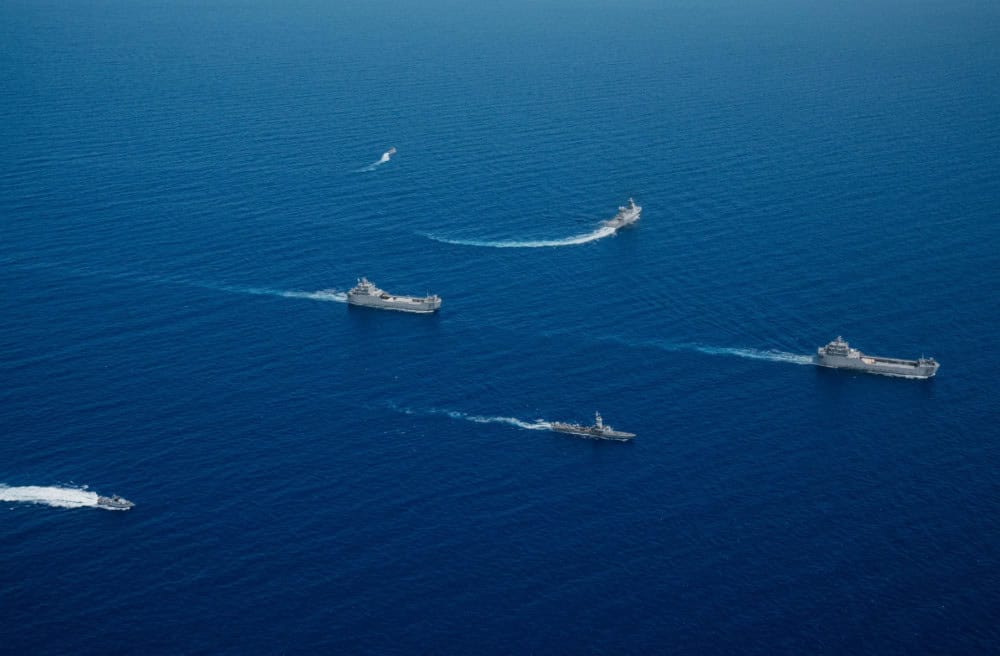
The Israeli Navy took delivery of the INS Komemiyut, a new logistics support vessel (LSV), on June 16, the second of these new landing craft in the past year. The vessels are capable of transporting troops and large vehicles, expanding Israel’s operational range and joint-operations capability.
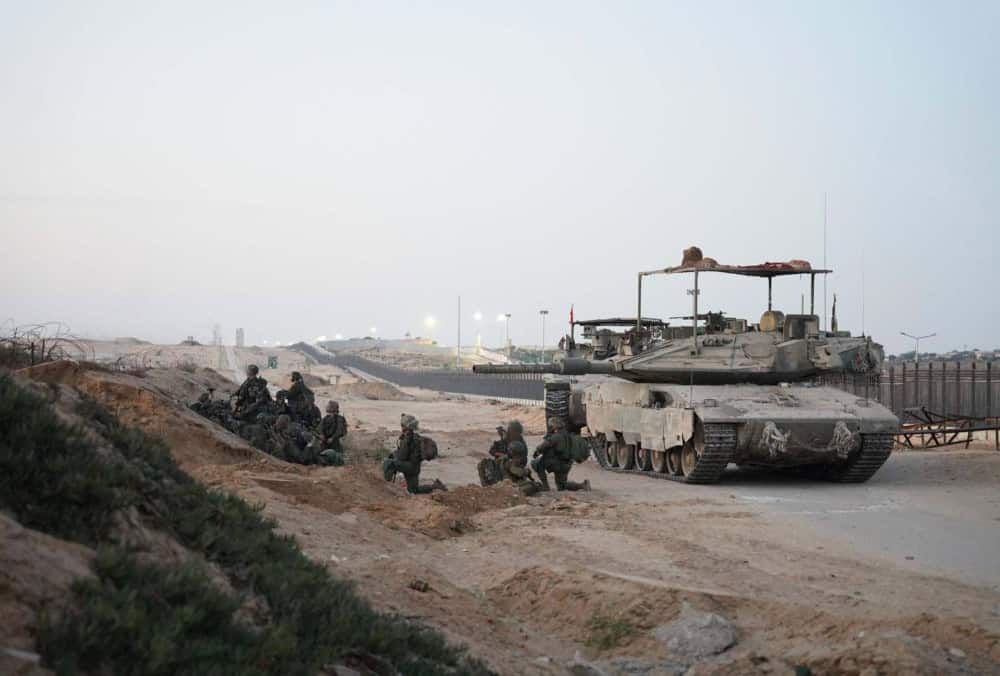
The Israel Defense Forces (IDF) lost 11 soldiers in several days of fighting in Gaza. In one of the deadliest incidents since the IDF’s ground operation began, eight soldiers were killed by an explosion targeting their armored personnel carrier on June 15. The IDF continues operations in Rafah against Hamas and other terrorist groups.

Palestinian terrorist groups fighting in Lebanon continue to lose fighters to Israeli strikes as Islamic Jihad claims the death of a member on Saturday.